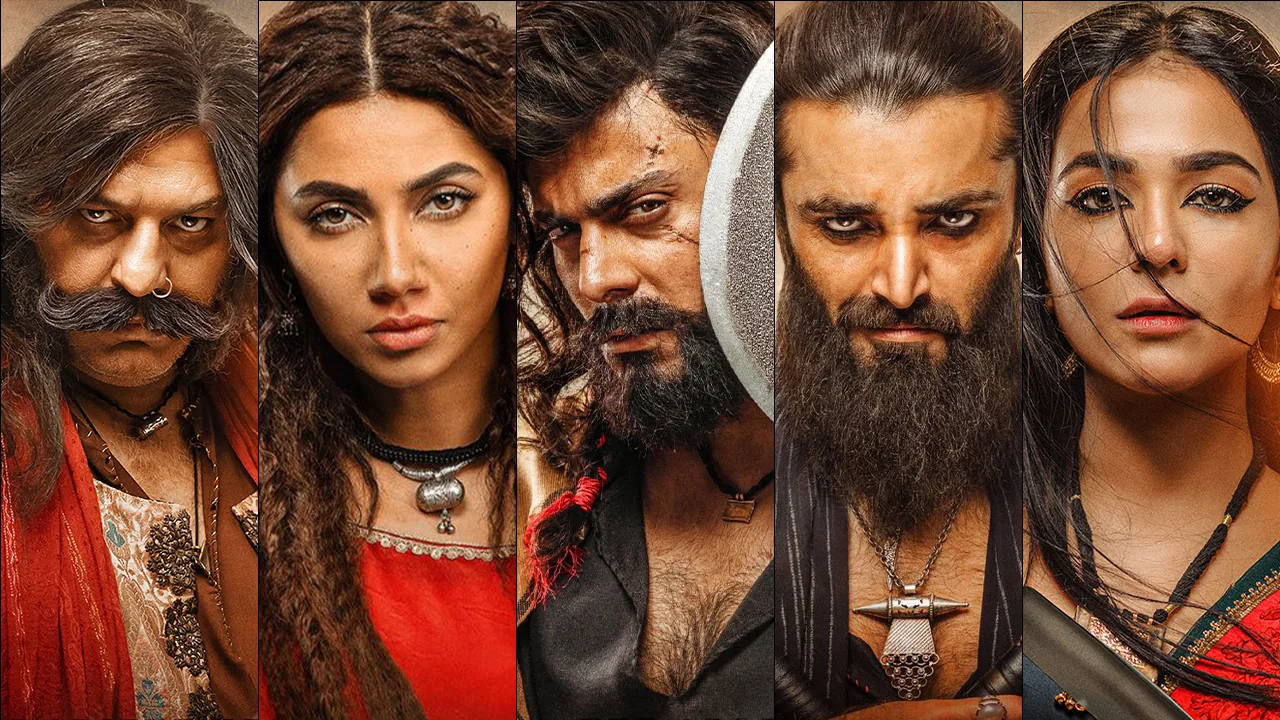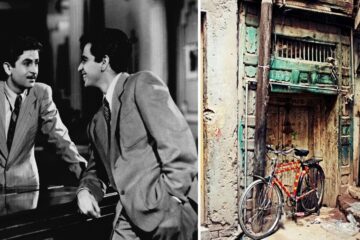Indian fans hoping to watch Pakistani actor Fawad Khan in The Legend of Maula Jatt in theatres will have to wait as the government puts a spanner in the works.
The much-anticipated theatrical release in India of The Legend of Maula Jatt, Pakistan’s highest-ever grossing movie, earning $5 million domestically and nearly $14 million globally, has been postponed indefinitely.
The news has diminished hopes of thawing relations between the two countries. For many, it would have been a welcome chance to see Fawad Khan, who was last seen in 2016 with Ae Dil Hai Mushkil and Kapoor and Sons. His female lead, Mahira Khan, who also starred opposite Shah Rukh Khan in Raees, has fans in India who were disappointed as the Pakistani film continues to face obstacles in India, with the distributor citing vague legal challenges.

At a time when digital platforms regularly bridge international gaps, with Pakistani dramas and actors being very popular across the border, the absence of this film from Indian movie theaters seems archaic and inconsistent.
People Seek Clarity
The Indian government has not been transparent about banning collaborations with Pakistani artists in the arts and cinema, causing uncertainty and disruption for filmmakers. This led to Zee Studios, which had previously announced The Legend of Maula Jatt’s release, only to retract close to its intended premiere due to unexplained delays.
Speculation surrounds whether the decision to delay the film’s release is tied to recent threats or negative comments concerning its premiere. This action raises questions about its impact on India’s international reputation.
To seek clarity, Right to Information requests were filed with the Ministry of Information and Broadcasting and the Ministry of External Affairs, querying if there are any current restrictions or bans on Pakistani artists in India. These actions align with recent legal decisions; in 2023, both the Supreme Court and the Bombay High Court in India ruled against proposals to ban Pakistani artists, advocating for a broader vision of patriotism that fosters international peace and security.
Sending the Wrong Signals
This abrupt decision, mostly communicated through media rather than official channels, complicates the situation further. Such unclear communication can deepen cultural misunderstandings. Analysts suggest that separating art from political conflicts is crucial; art should act as a conduit for international harmony, promoting mutual understanding rather than division. Restricting films like The Legend of Maula Jatt not only deprives Indian audiences of rich cultural content but may also signal a counterproductive stance on inclusivity and peace.
Moreover, this controversy emerges amid signals of a potential thaw in cultural exchanges. Last year, the Supreme Court dismissed a complete ban on Pakistani performers, and the modest screening of Punjabi films from India in Pakistan hinted at a softening of cultural barriers. Yet, the indefinite delay of The Legend of Maula Jatt underscores the fragility of these cultural bridges in the face of broader geopolitical tensions.




